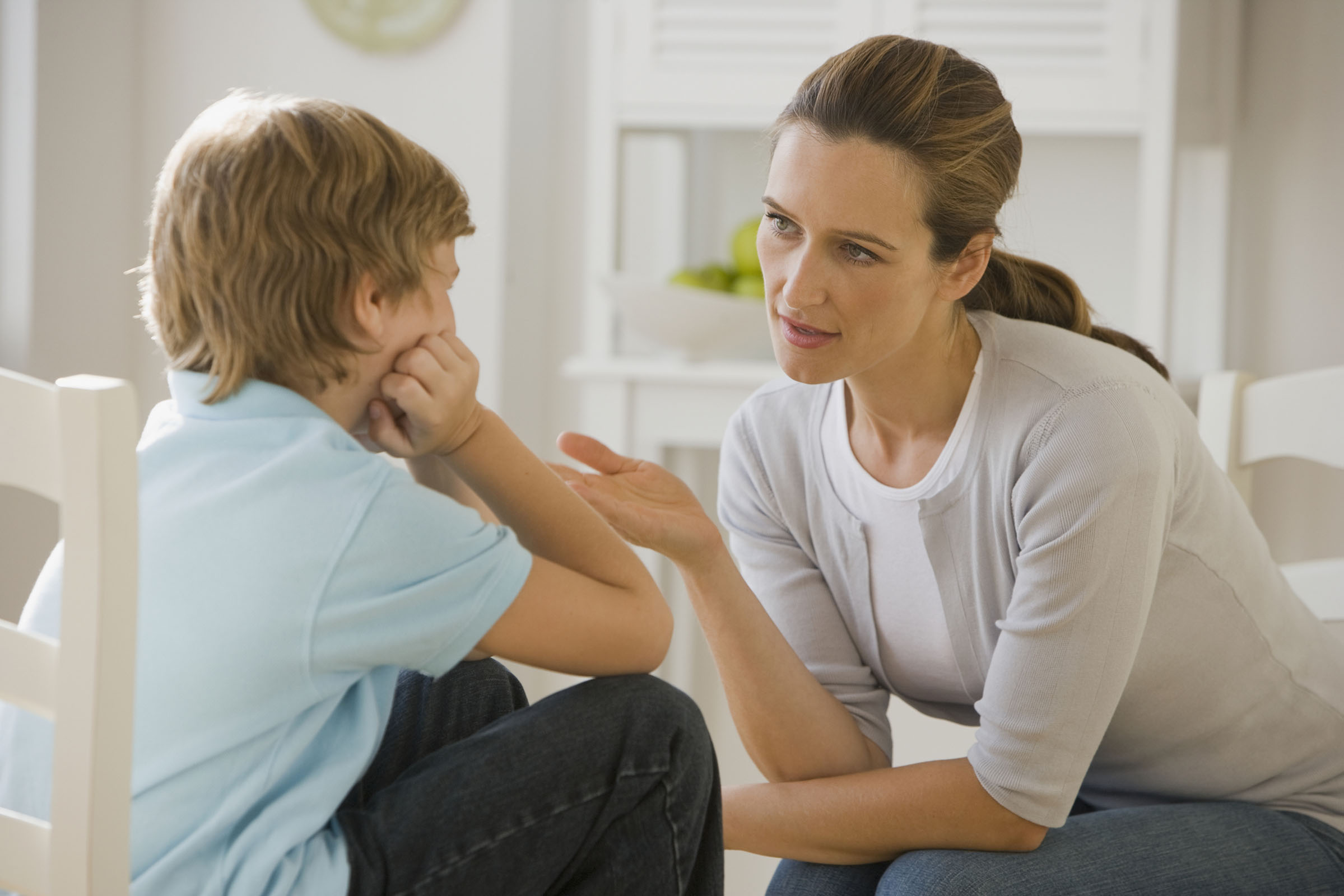On Queen’s Birthday Weekend, it marked two years since Lucy Hone’s much-loved daughter was killed in a tragic car accident in Canterbury, which also claimed the lives
of Abi’s friend Ella and Ella’s mum Sally. Abi and Ella were both just 12 years old.
An academic researcher and writer, Lucy works in the field of resilience psychology, helping people recover from real-life traumatic situations. When faced with the incomprehensible fact of Abi’s death, she tapped into her professional knowledge to help during her darkest days.
In her own words, Lucy shares with us her experiences, as well as the practical strategies she employed as she faced her own worst nightmare.

Lucy and husband Trevor
“When the policeman drove to find us at Ohau Lodge to relay the horrific news that every parent dreads, I instinctively knew that the loss of our beautiful daughter, and much loved friends, would haunt us forever.
The loss of a child is recognised as the harshest form of bereavement; my husband Trevor and I would miss and mourn our girl for the rest of our days. Faced with such a sudden and unfathomable loss, the battle was on for the survival of my sanity and what was left of our family unit. How would we ever learn to live without Abi?
As a researcher, I went in search of resources – scouring the official grieving literature, books and blogs, harrowing personal accounts and scientific findings buried in esteemed academic journals. I was hungry to discover anything, everything, we could possibly do to support our journey through the grief that lay ahead.

Two years ago, young Abi’s life was cut short too soon in a triple-fatality crash.
While I knew there was little I could do to take away the physical pain and emotional longing, a voice inside willed me to ‘choose life, not death’. So, focused on the fact that I had two breathing sons and my dear husband to live for, and determined to make the most of living when Sally no longer had the option, I embarked on a personal experiment to see which of the findings from resilience research were useful in the miserable context of my new life.
The main thing to understand about resilience is that it requires ordinary processes – scientific investigation has unearthed certain ways of acting and thinking that can help us bounce back when life strikes us down. What’s more, we know that these strategies can be learned. It takes effort, I won’t lie, but I have found the following tools assisted my return to something approximating normal living.
The first is the power of distraction. Sometimes I need to wallow in my grief, to cry over old photos and play her favourite songs. But after a while, when I know it’s time to get up off the couch, I make an effort to do something to snap me out of that mood.

A friend of mine who lost her beautiful daughter to meningitis, gets up and tidies her teaspoon drawer. I usually take the dog for a walk – getting outside helps – phone a friend or lose my thoughts in a book.
Similarly, I have learned over the last two years how vital for resilience my friends are. People who are grieving often isolate themselves from their friends, but the standout finding of resilience research is that nobody goes it alone – when times are tough, we need strong and supportive relationships more than ever.
One strategy I’ve used to help maintain relationships is not expecting others to be mind readers. Instead, I tell them what I need.
Tell them if you do want to talk about your grief, tell them when you don’t. Ask them if you need specific help with practical tasks – from accompanying you to a parent- teacher meeting to mowing the lawns, or cooking you a meal. It’s easy to get cross that people haven’t worked us out, but not fair if we haven’t given them any instructions!

Lucy put strategies in place to deal with her grief, such as distracting herself by walking the dog, and focusing on her two sons and husband Trevor.
Finally, I also work hard to choose what I focus my limited attention on. Understanding that human brains have limited processing capacity, I am careful to pay attention to the good things in my life.
When I read all the stories of terrible things that happen in the world, like the poor parents who lost all three children in the Malaysian Airlines crash, I remind myself that I still have so much to be grateful for. A friend recently gave me a fluoro pink poster that says ‘Accept The Good’ in big letters and, when the struggle threatens to consume me, I stand in front of it and make myself list all that is good.
This kind of ‘benefit finding’ is now recognised among bereavement researchers as a helpful strategy for grieving, but it also applies to all aspects of life: choosing to hunt out the good stuff is not something we humans do naturally, but we can, with practice, learn to make it a habit. Ultimately, I’m determined not to lose all that I have to what I have lost.”
What Abi Taught Us by Lucy Hone is published by Allen & Unwin NZ, RRP $36.99.
.jpg)

